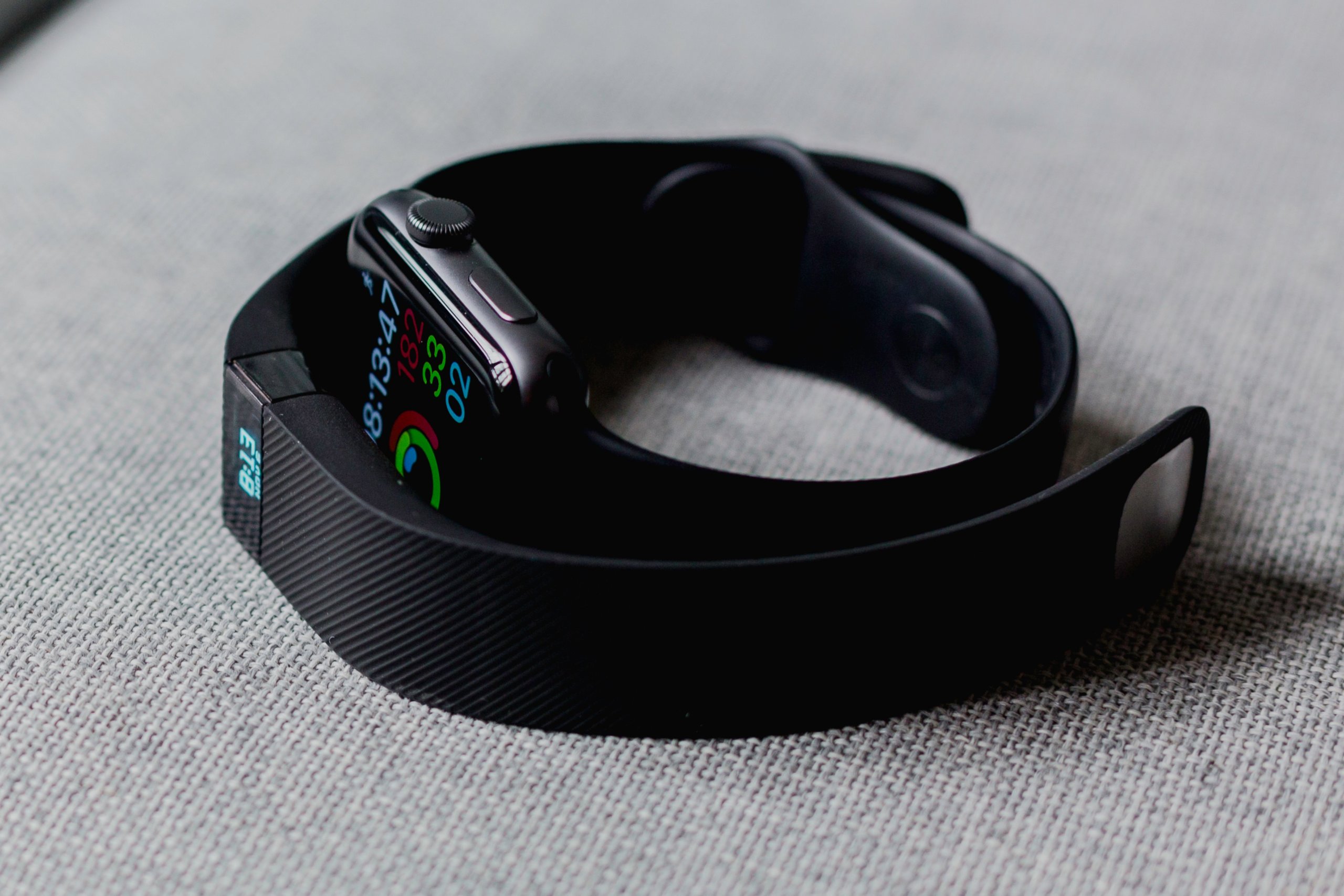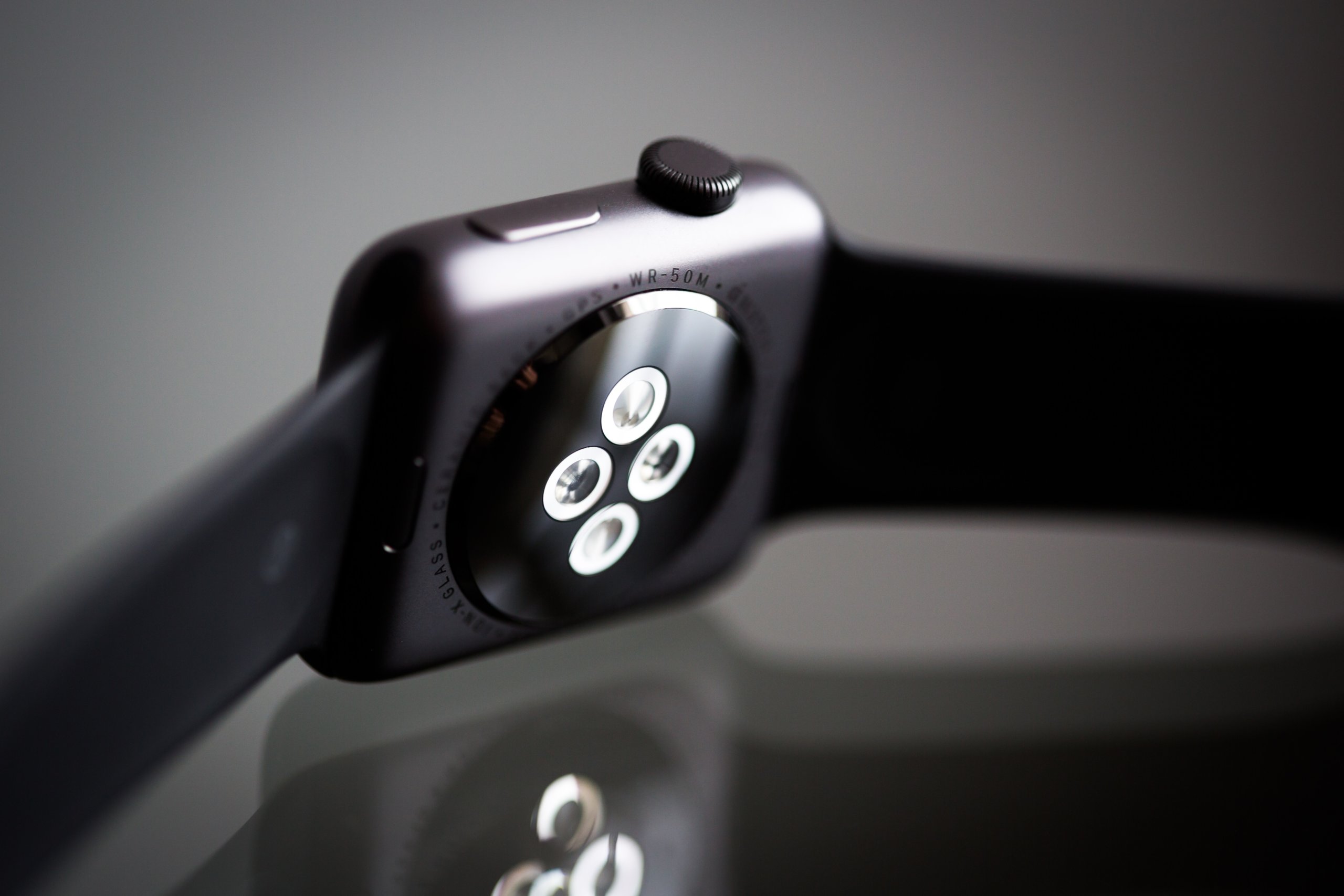 Google recently announced that it’s acquiring Fitbit for $2.1 billion. Headquartered in San Francisco near Google, Fitbit is largely known as one of the pioneers behind the wearable fitness tracker movement. The new deal could give Google the boost it needs to compete with Apple’s Apple Watch in the wearable health tech space.
Google recently announced that it’s acquiring Fitbit for $2.1 billion. Headquartered in San Francisco near Google, Fitbit is largely known as one of the pioneers behind the wearable fitness tracker movement. The new deal could give Google the boost it needs to compete with Apple’s Apple Watch in the wearable health tech space.
Naturally, this acquisition comes with data privacy and anti-trust concerns. Experts say that it will undergo more scrutiny before fully going through. Google is already trying to get ahead of these worries; the company pledged it wouldn’t use Fitbit’s health data for advertising. Of course, many remain skeptical.
Google’s Current Woes
Recent years have not been kind to Google’s reputation. In 2018, the EU fined the company almost $5 billion for violating anti-trust laws. Google appealed in October 2018 and said EU users would be offered an alternate browser and search engine to comply with the EU’s laws.
Despite setbacks like this, Alphabet (Google’s parent company) and Google are intent on entering the health tech space and have spent a ton of time, money, and effort trying to do so. For instance, Verily, an Alphabet company, is working on smart blood sugar devices and smart lenses for age-related eyesight issues.
Regarding the Fitbit acquisition, due to the looming issues Google is facing, Google filed a deal with the SEC (Securities and Exchange Commission). The filing says that Google will pay Fitbit a $250 million breakup fee if the deal doesn’t get anti-trust approval.
Google’s search engine and advertising arm is the subject of most of the anti-trust scrutiny; the company offers search results for over 90% of all searches worldwide, and it could create a problem for Fitbit users.
Data Concerns
Fitbit’s CEO, James Park, made sure to address Fitbit users’ concerns about data privacy in an email to the user base: “You will always be in control of your data, and we will remain transparent about the data we collect and why. We never sell your personal information, and Fitbit health and wellness data will not be used for Google ads.”
Fitbit has a strong brand presence, so its acquisition into a Silicon Valley tech giant isn’t surprising. But Google’s prior knowledge of our search queries, our interests, our location, and much more were separated from our health wearables—until now.

In 2017, Alphabet’s AI lab, DeepMind, was found to be in violation of patient privacy laws because the company got access to medical records from the British National Health Service. Displaying negligence in following basic patient privacy rules is not exactly something anyone would want when it comes to their own medical data.
Later on, to fix the issue, DeepMind said it would transfer the unit that processed medical records to Google but would not link patient data with Google accounts. This was another huge red flag for privacy watchdogs and advocates around the world.
Lawmakers in the U.S. are not so sure about the acquisition either; Representative David Cicilline of Rhode Island is the chairman of the House’s antitrust subcommittee. His subcommittee is already leading an investigation into Big Tech. Cicilline says that Google would get tons of valuable data, insights, and analysis from location and health data from Fitbit users. The deal, in short, is highly concerning, especially when considering Google’s recent track record with data and privacy history.
David says that this acquisition deal shows that Google isn’t scared of flexing its power despite the anti-trust inquiries and fines.
“This proposed transaction is a major test of antitrust enforcers’ will and ability to enforce the law and halt anti-competitive concentrations of economic power,” which deserves an immediate and scrutinizing investigation, he urged in a written statement.

The Wearables War
Born from a mixture of fitness-tracking and Internet of Things development, the wearables industry is expanding rapidly. And for big tech giants who have massive amounts of money and resources, entering this field is an opportunity that’s too good to pass up.
When Apple announced its Watch in 2015, many experts questioned if Fitbit could hold its own against the tech titan’s weight. But Fitbit stayed strong and kept adding more features to their smartwatches. Apple and Fitbit are in constant flux over a new feature; when one has a new feature, the other company will work hard to introduce a similar feature as soon as possible.
But despite Fitbit’s lofty efforts, Apple still takes the lion’s share of the market: it had a 38% share in the second quarter, according to Canalys, a tech analysis firm. Fitbit, in comparison, had a 24.1% market share.
In 2018, Fitbit posted its earnings sheet showing a 6% year-over-year drop in revenue to $1.5 billion. Upon releasing the Versa Lite, Fitbit showed even fewer profits later in the year.
For Fitbit, Google’s money and technical expertise can breathe new life and features into the wearable devices. On the flip side, having Fitbit in their fold will enable Google to easily enter both the fitness-tracking and medical wearables development market. The deal will close in 2020, pending any anti-trust issues, and Google will pay $7.35 per share, for a total of $2.1 billion.
Google has tried to wedge its way into the hardware market with its smartphone Pixel series since 2016, but the phone line hasn’t gained much traction among users. After its acquisition of Nest in 2014, Google also sells smart thermostats, smoke detectors, and security cameras. But adding wearables, a market that Google has notoriously stayed away from, will expand the company’s potential to catch up to Apple in hardware. Financial analysts and experts agree that Google is Apple’s closest competitor.
The Next 10,000 Steps
Michael Pachter is an analyst at Wedbush Securities. He says that Google “buying Fitbit makes more sense than trying to build yet another competitor to Fitbit.” But, he said, Google has had trouble with making great products for consumers. Couple that with the fact that Google often shuts down its many ventures and forays into other fields, like Google+, Hangouts, and Allo, and you can see that Google obviously has more than a few internal problems that need fixing.
Do you have an Apple Watch or Fitbit? What do you think about Google’s acquisition of Fitbit? Will this lead to yet another battle in the long war between tech titans for market share? Let us know your thoughts in the comments!





